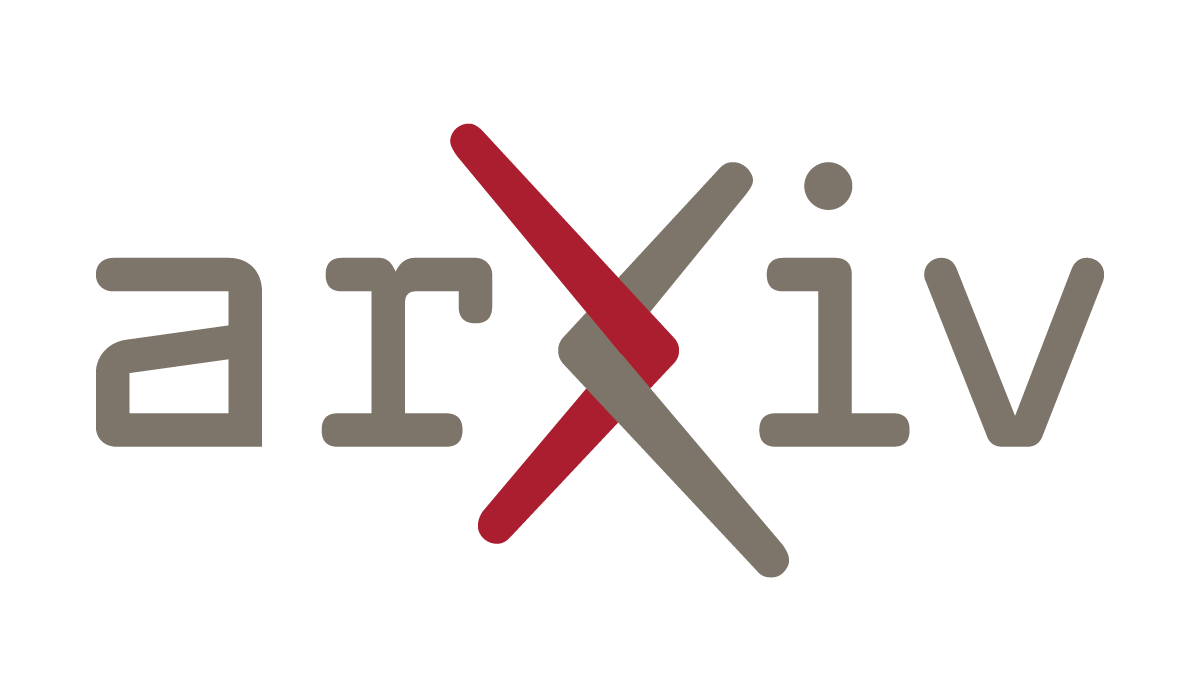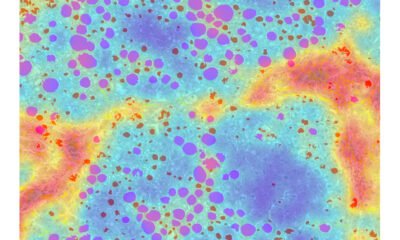AI Research
Lawmakers raise concerns as Delta rolls out flight pricing using artificial intelligence

Atlanta-based Delta airlines said it expects 20% of its ticket prices to be determine by artificial intelligence by the end of the year.
That has privacy experts and lawmakers concerned about what that actually means.
Delta told Channel 2 consumer investigator Justin Gray that the company is not using personal information for ticket prices.
“Today we’re about 3% of domestic, and that’s our goal, is to have about 20% by the end of the year,” Delta’s president said during a recent investor call. “We like what we see, we like it a lot, and we’re continuing to roll it out.”
The call has drawn big concerns about what the use of artificial intelligence for airline tickets really means.
A group of U.S. Senators sent a letter to Delta demanding answers, asking if the AI pricing means personalized pricing.
U.S. Sen. Mark Warner is concerned your personal information could be used to set your ticket price.
“It means that if the AI tool knows that you’ve had a death in the family or knows that you have a relative in a disaster-stricken area and you have to go there, they can target you and jack up the price,” Warner said.
TRENDING STORIES:
But Delta is adamant that is not what they are doing with AI pricing, telling Channel 2 Action News in a statement:
“There is no fare product Delta has ever used, is testing, or plans to use that targets customers with individualized offers based on personal information or otherwise. A variety of market forces drive the dynamic pricing model that’s been used in the global industry for decades, with new tech simply streamlining this process.”
“I don’t see how that fits with what they have said they are going to do. And also, with the profits that they are anticipating getting from this,” said Georgia Sloven, a data privacy advocate with the Center for Democracy and Technology.
Sloven points to Delta’s own public statements on this, like at another investor presentation last year.
“We will have a price that’s available on that flight, on that time to you, the individual, not a machine that’s doing an accept reject and a static price grid,” Delta said at the time.
“This is something new. They’ve said it’s new. They’ve set it’s going to change their profit outlook. So, I think we need to take a careful look,” Sloven said.
Delta maintains the AI is doing what a whole department of analysts at the company already do — looking at things like weather and fuel, and timing to set price.
Lawmakers are unconvinced, stating in the letter to Delta headquarters here in Atlanta that they are concerned that “prices could be dictated not by supply and demand, but by individual need.”
AI Research
Artificial Intelligence Cheating | Nation

We recognize you are attempting to access this website from a country belonging to the European Economic Area (EEA) including the EU which
enforces the General Data Protection Regulation (GDPR) and therefore access cannot be granted at this time.
For any issues, call 435-752-2121.
AI Research
A Unified Model for Robot Interaction, Reasoning and Planning

View a PDF of the paper titled Robix: A Unified Model for Robot Interaction, Reasoning and Planning, by Huang Fang and 8 other authors
Abstract:We introduce Robix, a unified model that integrates robot reasoning, task planning, and natural language interaction within a single vision-language architecture. Acting as the high-level cognitive layer in a hierarchical robot system, Robix dynamically generates atomic commands for the low-level controller and verbal responses for human interaction, enabling robots to follow complex instructions, plan long-horizon tasks, and interact naturally with human within an end-to-end framework. Robix further introduces novel capabilities such as proactive dialogue, real-time interruption handling, and context-aware commonsense reasoning during task execution. At its core, Robix leverages chain-of-thought reasoning and adopts a three-stage training strategy: (1) continued pretraining to enhance foundational embodied reasoning abilities including 3D spatial understanding, visual grounding, and task-centric reasoning; (2) supervised finetuning to model human-robot interaction and task planning as a unified reasoning-action sequence; and (3) reinforcement learning to improve reasoning-action consistency and long-horizon task coherence. Extensive experiments demonstrate that Robix outperforms both open-source and commercial baselines (e.g., GPT-4o and Gemini 2.5 Pro) in interactive task execution, demonstrating strong generalization across diverse instruction types (e.g., open-ended, multi-stage, constrained, invalid, and interrupted) and various user-involved tasks such as table bussing, grocery shopping, and dietary filtering.
Submission history
From: Wei Li [view email]
[v1]
Mon, 1 Sep 2025 03:53:47 UTC (29,592 KB)
[v2]
Thu, 11 Sep 2025 12:40:54 UTC (29,592 KB)
AI Research
[2404.02353] Semantic Augmentation in Images using Language

View a PDF of the paper titled Semantic Augmentation in Images using Language, by Sahiti Yerramilli and 4 other authors
Abstract:Deep Learning models are incredibly data-hungry and require very large labeled datasets for supervised learning. As a consequence, these models often suffer from overfitting, limiting their ability to generalize to real-world examples. Recent advancements in diffusion models have enabled the generation of photorealistic images based on textual inputs. Leveraging the substantial datasets used to train these diffusion models, we propose a technique to utilize generated images to augment existing datasets. This paper explores various strategies for effective data augmentation to improve the out-of-domain generalization capabilities of deep learning models.
Submission history
From: Jayant Sravan Tamarapalli [view email]
[v1]
Tue, 2 Apr 2024 22:54:24 UTC (676 KB)
[v2]
Wed, 9 Jul 2025 05:00:43 UTC (676 KB)
[v3]
Wed, 10 Sep 2025 21:14:00 UTC (676 KB)
-

 Business2 weeks ago
Business2 weeks agoThe Guardian view on Trump and the Fed: independence is no substitute for accountability | Editorial
-
Tools & Platforms1 month ago
Building Trust in Military AI Starts with Opening the Black Box – War on the Rocks
-

 Ethics & Policy2 months ago
Ethics & Policy2 months agoSDAIA Supports Saudi Arabia’s Leadership in Shaping Global AI Ethics, Policy, and Research – وكالة الأنباء السعودية
-

 Events & Conferences4 months ago
Events & Conferences4 months agoJourney to 1000 models: Scaling Instagram’s recommendation system
-

 Jobs & Careers2 months ago
Jobs & Careers2 months agoMumbai-based Perplexity Alternative Has 60k+ Users Without Funding
-

 Podcasts & Talks2 months ago
Podcasts & Talks2 months agoHappy 4th of July! 🎆 Made with Veo 3 in Gemini
-

 Education2 months ago
Education2 months agoMacron says UK and France have duty to tackle illegal migration ‘with humanity, solidarity and firmness’ – UK politics live | Politics
-

 Education2 months ago
Education2 months agoVEX Robotics launches AI-powered classroom robotics system
-

 Funding & Business2 months ago
Funding & Business2 months agoKayak and Expedia race to build AI travel agents that turn social posts into itineraries
-

 Podcasts & Talks2 months ago
Podcasts & Talks2 months agoOpenAI 🤝 @teamganassi





















